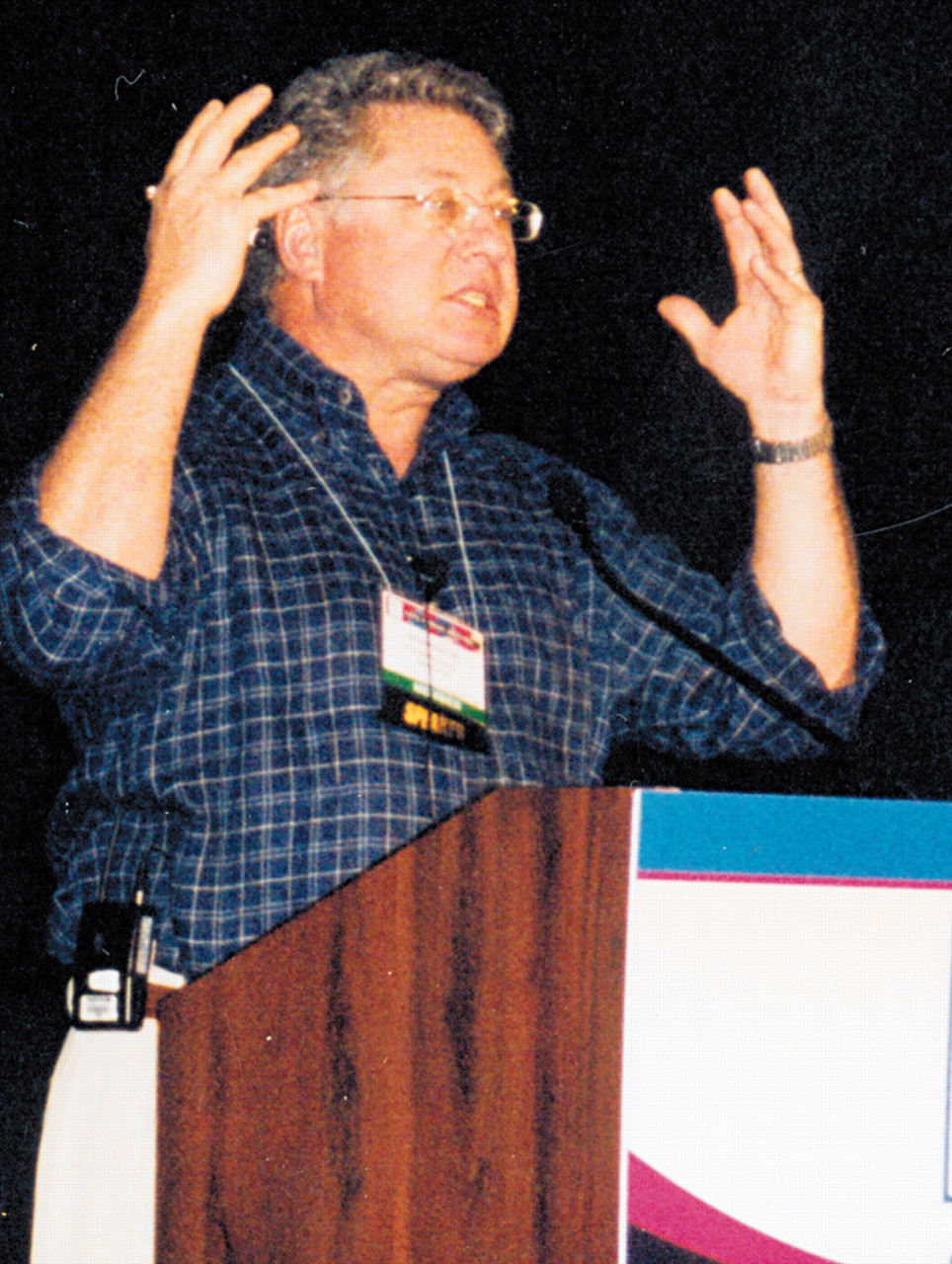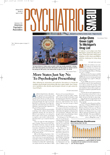The scenario is all too common: An elderly patient is admitted to a nursing home with a history of agitation, aggressive and angry outbursts, and complaints to family members about headaches, back pain, stomach cramps, and constipation. The family members got to the point where they could no longer deal with the patient’s escalating symptoms.
According to new research, perhaps the first item on this patient’s list for differential diagnosis should be major depression.
In the January issue of Archives of General Psychiatry, Alan Schatzberg, M.D., the Kenneth T. Norris Jr. Professor of Psychiatry and Behavioral Sciences, and Maurice Ohayon, M.D., Ph.D., an associate professor of psychiatry and behavioral sciences, both at Stanford University, reported that chronic pain complaints and depression are closely linked in a significant number of elderly patients.
Schatzberg and Ohayon conducted a cross-sectional telephone survey of nearly 19,000 subjects from 15 to 100 years of age residing in the United Kingdom, Germany, Italy, Portugal, and Spain. Among those studied, 17 percent had some form of chronic pain symptoms, and 4 percent reported depressive symptoms. However, 43 percent of those with depressive symptoms also had chronic pain. For patients 65 and older, 20.4 percent reported at least one symptom of pain, compared with only 9.4 percent of patients under the age of 25. Headaches and back pain were the most commonly reported symptoms.
In a press release announcing the study’s results in January, Schatzberg said he was “totally shocked” at the strong correlation. “This will change how we view pain and depression.”
Schatzberg said he’ll now screen his patients with depression for pain symptoms and advises physicians with chronic pain patients to check for specific symptoms of depression.
Schatzberg said the question now is which comes first—the depression or the pain? “It could be that the perception of pain is greater in depressed people,” Schatzberg said, noting that it is also probable that chronic pain could lead to depression.
Last month, at the annual meeting of the American Association for Geriatric Psychiatry (AAGP), Schatzberg’s data were discussed at length by clinicians who all too often see elderly patients who tell practitioners about their pain symptoms, but are reluctant to divulge sadness, anxiety, or even suicidal thoughts.
There are several potentially contributing factors behind the phenomenon, said Ira Katz, M.D., Ph.D., a professor of psychiatry and director of the section of geriatric psychiatry at the University of Pennsylvania, at an AAGP meeting symposium he chaired.
Many seniors, Katz said, have a mistaken belief that being sad or angry about being old and possibly infirm is not only normal, but expected and even acceptable—so they don’t discuss their mood-related symptoms. Katz cited data indicating that as many as 70 percent of elderly patients report having some pain symptoms. Researchers believe the prevalence of depression in the elderly is between 9 percent and 18 percent; however, a significantly smaller percentage readily reveal depressive symptoms.
That has led to a significant underdiagnosis of depression in geriatric patients and corresponding undertreatment.
Yet pain symptoms in the elderly are also underdiagnosed and undertreated, added Steven P. Roose, M.D., a professor of clinical psychiatry and director of the Neuropsychiatric Research Clinic at the New York State Psychiatric Institute at Columbia University.
Roose, presenting during the same AAGP symposium, said that many elderly may not even reveal pain symptoms because of a false belief that pain is also a normal part of aging. “It is also a big issue for seniors that they can be looked upon as ‘drug-seeking complainers,’ ” he emphasized.
Yet even so, the incidence of reported pain is significant. Referring to Schatzberg and Ohayon’s data, Roose explained that the percentage of both men and women who report symptoms of chronic pain steadily increases with age. Overall, however, the percentage of women who report painful symptoms is higher at every age compared with men of the same age. The Schatzberg study, Roose noted, indicated that 20.4 percent of men over age 65 reported a painful physical condition compared with 28.6 percent of women over 65. The reason for that difference, Roose said, is not yet understood.
There is also a direct relationship between the number of depressive symptoms reported and the rate of reported chronic pain conditions, said Roose. Schatzberg and Ohayon noted, for example, that for patients reporting two depressive symptoms, 29 percent had a chronic pain condition. For patients reporting eight symptoms of depression, 62 percent had a chronic pain condition.
Roose also detailed data showing that 18 percent of those over the age of 60 regularly take analgesic medications. And of those, 63 percent take prescription analgesics for longer than six months. “These medications, of course, can be a major issue for mental status, either through direct effects or drug interactions,” he said.
For several decades clinicians have noted a reduction in pain symptoms in depressed patients treated with antidepressants. Notably, the association seemed to be the strongest with medications that altered the metabolism of norepinephrine, such as nortriptyline and desipramine. This led researchers to study antidepressants for pain control in numerous clinical trials. Between 1992 and 2000, four separate meta-analyses of many of those trials were published.
“And there’s no real surprise,” Roose said, “that [drugs] with noradrenergic activity help pain—even in the absence of depressive symptoms. SSRIs generally were negative, and if a study found a positive effect, it was small.”
Today, in addition to their important role in the regulation of mood, both serotonin and norepinephrine are equally well recognized as key neurotransmitters associated with pain in the descending pathways of the spinal cord.
“This has led researchers to look for new medications that can treat both pain and depression,” Roose concluded.
Arch Gen Psychiatry 2003 60 39

